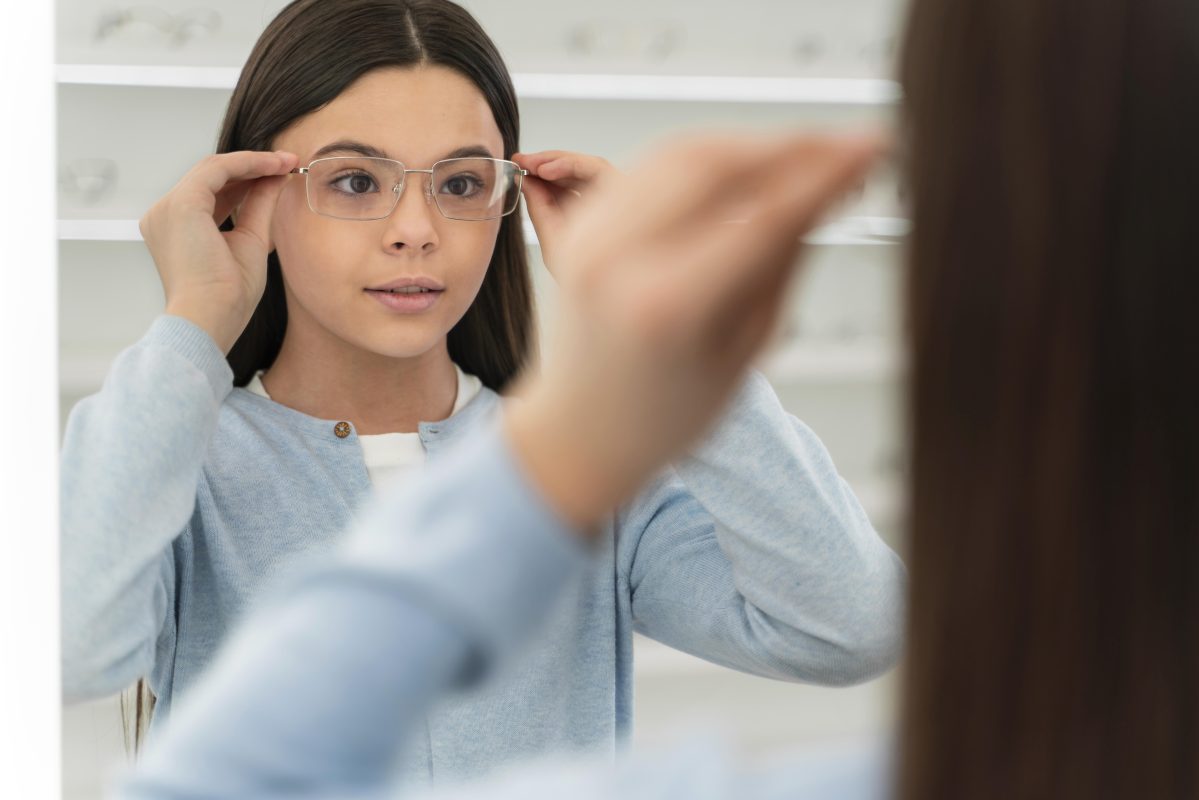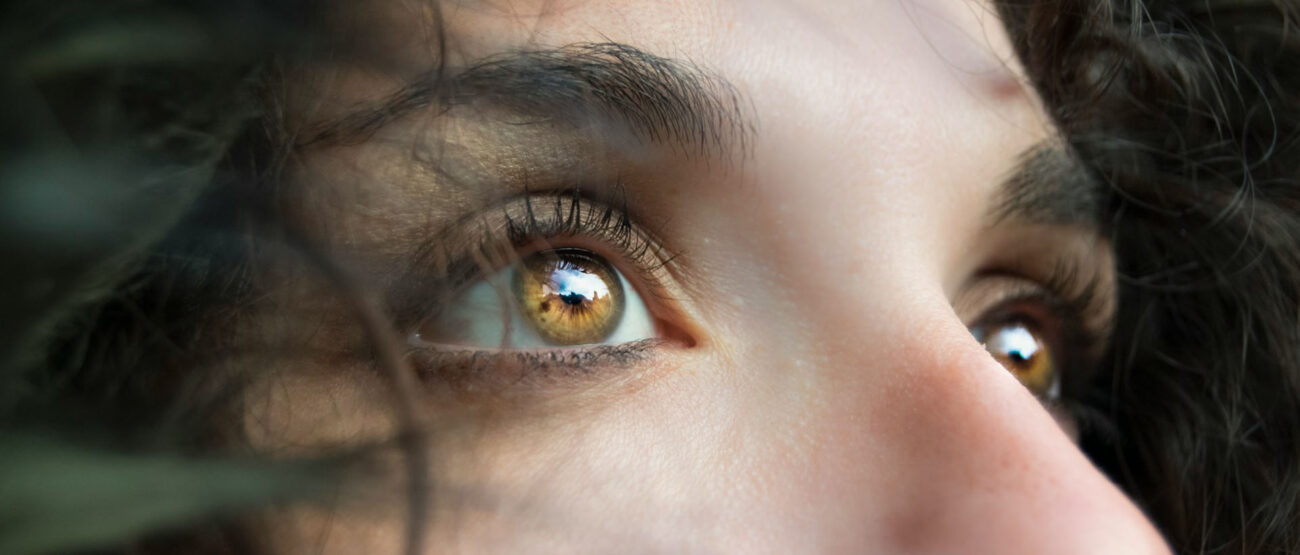When it comes to maintaining overall health, eye care is often overlooked. However, regular eye exams are vital for detecting vision problems early and preventing more serious conditions from developing. Whether you wear glasses or have perfect vision, scheduling regular eye exams should be a priority.
Eye health is closely linked to overall well-being. Our eyes allow us to engage with the world, enjoy hobbies, and navigate daily life. Beyond providing clear vision, eyes can reveal signs of underlying health conditions, making regular check-ups crucial.
In this blog post, we’ll discuss the importance of regular eye exams, what happens during an exam, how often you should visit your eye doctor, and how these exams can impact your overall health.
Eye exams do more than just check your vision; they assess the overall health of your eyes. Regular exams help identify:
- Refractive Errors: Conditions like myopia, hyperopia, astigmatism, and presbyopia that cause blurred vision. Correcting these with glasses or contact lenses can greatly enhance your quality of life.
- Eye Diseases: Such as glaucoma, cataracts, and macular degeneration. These often develop slowly without early symptoms but can lead to permanent vision loss if left untreated.
- Systemic Health Issues: Diseases like diabetes, high blood pressure, and high cholesterol can be detected by changes in the eyes. Eye exams allow early identification of these issues, possibly prompting life-saving medical evaluations.
What to Expect During an Eye Exam
A comprehensive eye exam includes several key steps:
- Medical History Review: Your doctor will review your medical history and any vision concerns you may have.
- Visual Acuity Test: You’ll be asked to read letters from a chart to assess how clearly you see.
- Refraction Test: Determines your prescription for glasses or contact lenses.
- Eye Movement & Coordination: Checks how well your eyes work together.
- Eye Pressure Test: Measures internal eye pressure to detect glaucoma.
- Dilated Eye Exam: Eye drops may be used to dilate your pupils for a thorough inspection of the retina and optic nerve.
Modern eye exams incorporate advanced technology like Optical Coherence Tomography (OCT) and Digital Retinal Photography to provide more accurate diagnoses.
How Often Should You Have an Eye Exam?
- Children: Start from age 6 months, with regular follow-ups.
- Adults (18-60 years): Every 2 years, or more often if you have risk factors.
- Seniors (60+ years): Annually, as the risk of eye diseases increases with age.
Conclusion: Take Charge of Your Eye Health
Regular eye exams are essential for protecting your vision and overall health. Don’t wait for symptoms to appear schedule an eye exam today!





